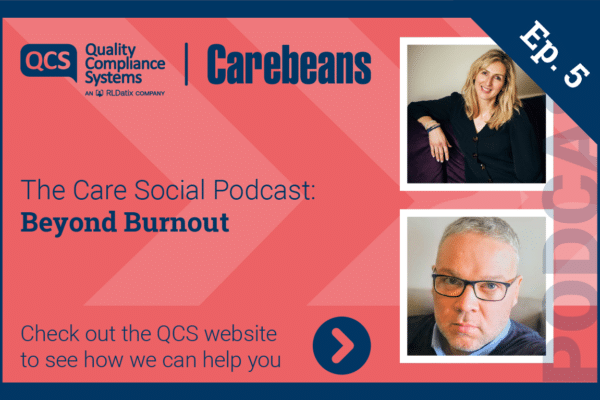 Introducing the Statutory Duty of Candour
Introducing the Statutory Duty of Candour
The Department of Health is undergoing a consultation on proposals to introduce a new CQC registration regulation. This consultation sets out a proposed addition to the requirements for CQC registration in order to introduce a statutory Duty of Candour on all registered providers.
The introduction of a statutory Duty of Candour is a major step towards implementing a key recommendation from the Francis Inquiry. The Duty of Candour will place a requirement on providers of health and adult social care to be open with patients when things go wrong. Providers should establish the duty throughout their organisations, ensuring that honesty and transparency are the norm in every organisation registered by the CQC.
The Duty of Candour will be part of the new set of registration requirements that together will set out the outcomes that providers must meet and which are core to good service provision. Subject to Parliamentary approval, all these registration requirements will become part of the same consolidated package of regulations which will be introduced in October 2014.
Will it really encourage more openness and honesty?
The CQC noted that there was strong support for the introduction of a Duty of Candour, particularly from the public and acute providers. They believe it would increase public confidence and introduce accountability across all sectors, but will it? Will healthcare staff be open and honest about near misses or serious incidents, especially if colleagues could be prosecuted as a result?
There is already a contractual Duty of Candour on organisations that provide services under the NHS Standard Contract, but the draft regulations also impose a more specific and detailed Duty of Candour on all providers where any harm to a service user from their care or treatment is above a certain harm threshold, for healthcare and for adult social care.
What are the consequences?
So, if you or a member of staff feel that a patient’s care and treatment fell way below standard, or you were aware that a notifiable safety incident had occurred, would you raise it as a concern? We know that all health professionals should be able to raise concerns about quality of care without any barriers, cultural or organisational, getting in the way, but when a professional working in the NHS is aware that care is threatened, sub-standard or dangerous, for whatever reason, would they exercise their duty to make these concerns known and for those in charge to assess and, if necessary, act?
Unfortunately, there are well known examples where concerns that have been raised have not been adequately dealt with by those in charge, and patients have suffered as a result. In some such cases, individuals have “blown the whistle”, taking their concerns outside normal channels in an attempt to protect patient care. This avenue, however, comes with risks and in some cases those who have “blown the whistle” have wrongly suffered severely, in relation to their career prospects and their working environment, despite current policy and process.
Quote – “We say in this nation that we are looking for people with honesty, integrity, drive and dedication, and then when we find such people, we take them out and whip them.” – anonymous whistleblower.






